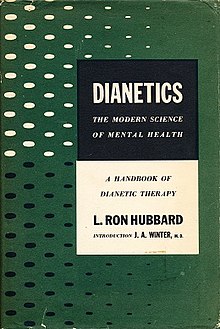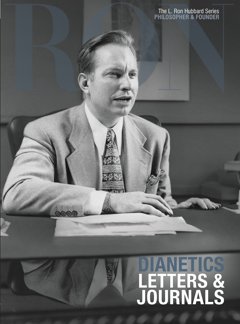Dianetics - The Facts
Dianetics - The Facts
Blog Article
Dianetics Things To Know Before You Get This
Table of ContentsDianetics for BeginnersThe Best Strategy To Use For DianeticsDianetics Things To Know Before You Get ThisSome Known Questions About Dianetics.
I could not ever before not wish to get anything that enters your mind for you- if it was otherwise, I would not be sitting right here with you, doing this. I not only might never ever have a trouble, or not desire to listen to something that enters your mind for you, but I'm completely eager to recognize every concept, every idea, every image or feeling that emerges or shows up for you- don't ever believe otherwise, and if somehow you do, please just allow me understand! Sometimes, you may have a thought, and photo, idea or event turn up that does not seem to address the inquiry, or relate to it, yet nevertheless, always do tell me concerning it, and as we proceed, the importance will emerge for you.This is fundamental in the basis of handling, and the subject of this conversation: the standard functions of the therapist and the customer: The basic role of the therapist is, contrary to "basic training", not to manage, which implies to impose and/or inhibit, but to rather function from the basis of EMPOWERING THE CUSTOMER.

The Greatest Guide To Dianetics
John Mcmasters revealed this basic fact incredibly well in among his lectures on Power handling, wherein he describes exactly how he was asked what this "special knack" was that he had for giving such wonderful sessions; he had to think of that for a minute, and found that it was what he had not been doing, as well as what he was doing: he had not been reviewing, evaluating, computing, or actually, producing any thoughts, let alone verbal expressions, after giving the command and while waiting for the PC to complete their answer to their contentment; he was, simply and just, existing with the computer, and totally interested.
The function of the counselor, demonstrated; that was his "special knack". I have actually had my own experience which taught me this well, really early in the video game. In 1982, having lately finished my training and internship on New Era Dianetics, I was running this on a COMPUTER, and there was a factor in the session where (being a little bit wet behind the ears not yet having numerous hours under my belt as a professional auditor) the computer seemed to be "taking also long" to reveal anything vocally after I offered him a command.
This secret became one of the most important contribution that John ever made to the subject of therapy or auditing (Dianetics). In my modest viewpoint, it is the biggest payment that anyone has ever made to these subjectsthe application is entirely non-judgemental, non-evaluative, and empty of any kind of tip, suggestions or opinion.no preconceived schedule for people, or 'degrees' that they have to do
In Scientology we prided ourselves on not evaluating for people. All that actually suggested was that the auditor did not Vocally assess for the PC in session.
Not known Facts About Dianetics

Any individual who had actually ever before seen John audit can not help however notice a distinct high quality in his bookkeeping."The customer's fundamental function is to be there with the objective of relocating the instructions of their spiritual objectives, and to freely and Clicking Here totally express and experience whatever you can try here manifests for them in responding to the concerns and implementing the instructions in the handling.
This is something to procedure as required. Likewise, individuals frequently have previous experience and/or indoctrination in auditing/processing which, in some means, and to some levels, really deceives them right into attitudes, ideas and behavior patterns that stop the full understanding of these duties, and so they will certainly have a tendency to prevent the expressing of what comes to mind, as in the instances offered above - Dianetics. * The first, and probably foremost examples of mis-indoctrination bring about less than entirely smooth and reliable sessions, can be found in specific aspects of the training routines, or "TR's":"TR's" are commonly a person's initial, or at least early, experience in Scientology, and while I will take place to explain what I see as the problems in idea and technique, nonetheless, tend to be considerably therapeutic, done as they are provided (Hubbard insists that "TR's are not processing, they are training", but factually, they are both handling AND training)
Alan Walter made comparable observations, and improved these with his "Existence Processes". There is no "flunking", and no denial of the fact of this being processing. The emphasis, as it must be, gets on experiencing the other person's existence. All the symptoms which get a "flunk" in doing "TR-0" are just the being's efforts to stand up to the other person's existence, and rather than being bugged and badgered with "Flunk", which enforces "failure!" on the being, one just needs to be motivated to "stick their feet in the water a little much deeper", to significantly rehabilitate their capacity and willingness to completely share and experience "being below", or "existence", with others.
Some Ideas on Dianetics You Should Know

Report this page